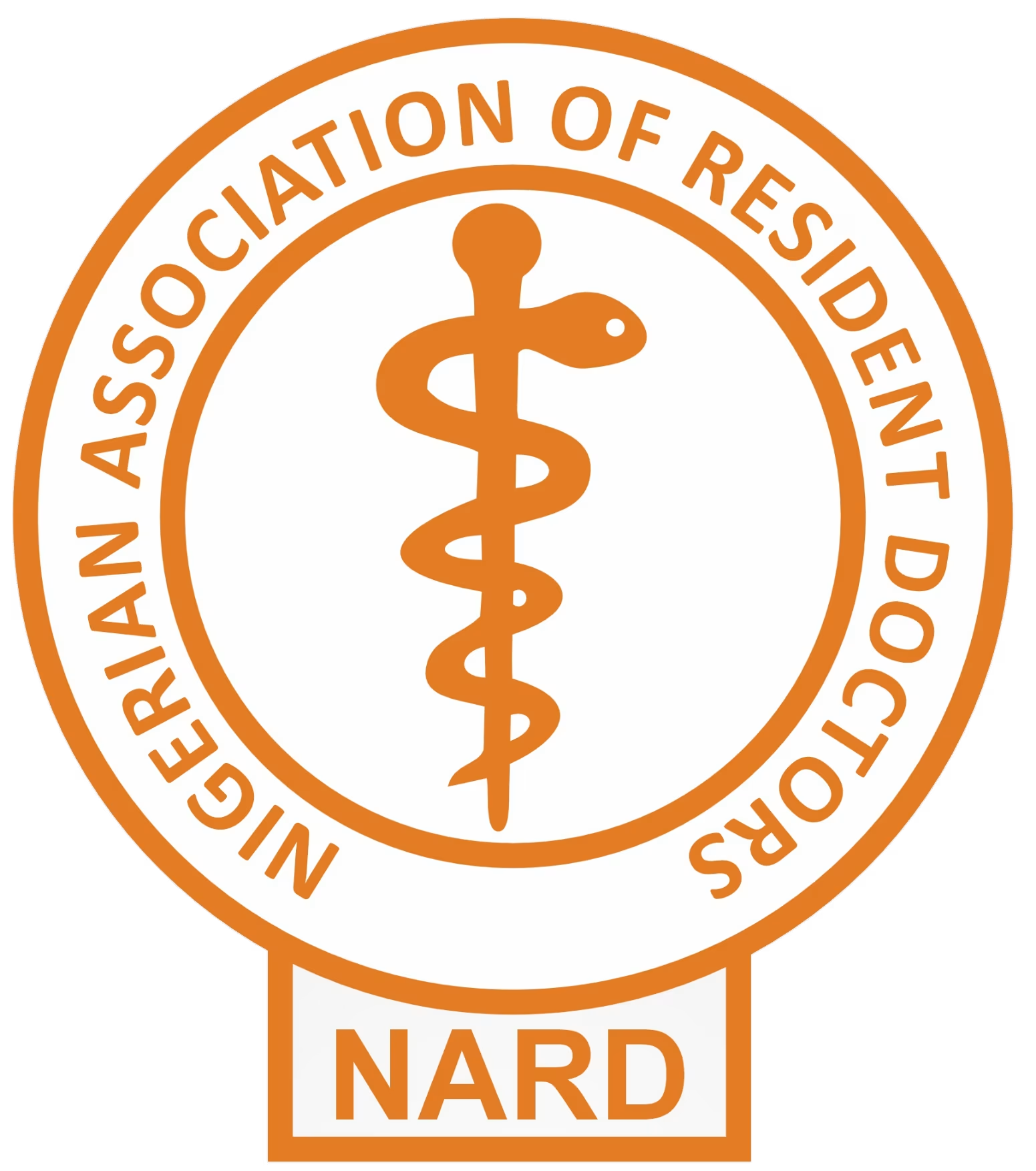
NARD’s ACLS/BLS Tour Makes Impactful Stop in Asaba.
The Nigerian Association of Resident Doctors (NARD) continued its nationwide Advanced and Basic Cardiac Life Support (ACLS/BLS) training tour with a successful stop at the Federal Medical Centre (FMC), Asaba, on June 26, 2025. Organized by NARD in collaboration with the Damilola Adeyemo Cardiovascular Foundation (DAC-FOUND), the session was conducted in the Accident and Emergency Auditorium at FMC Asaba.
This training is part of an ongoing series already delivered in several centres across Nigeria, including the University of Port Harcourt Teaching Hospital (UPTH), University of Uyo Teaching Hospital (UUTH), Abubakar Tafawa Balewa University Teaching Hospital (ATBUTH), and others. Opening remarks were delivered by Dr. Chioma Kalu on behalf of the NARD President, Dr. Osundara Tope Zenith, during which she reiterated NARD’s strong commitment to equipping frontline healthcare workers with essential emergency response skills. The session brought together doctors, nurses, and other healthcare workers for hands-on training in life-saving techniques.
It was well received by participants, many of whom highlighted the practicality and relevance of the skills being taught in their daily clinical work.
NARD’s Commitment to Emergency Preparedness
The Nigerian Association of Resident Doctors (NARD) has consistently led the charge in improving clinical competency and health system resilience across Nigeria. Through a combination of advocacy, training, and skills development, NARD continues to prioritize initiatives that strengthen the capabilities of resident doctors and other frontline health workers.
Among the most critical gaps NARD is addressing is the limited access to structured, practical training in emergency care—particularly Basic Life Support (BLS) and Advanced Cardiac Life Support (ACLS).
These life-saving skills are essential for improving outcomes in cardiac and respiratory emergencies, yet are often overlooked or underemphasized in routine medical training. The ongoing ACLS/BLS Nationwide Tour is a direct and strategic response to this need. The recent session in Asaba exemplified NARD’s commitment to hands-on, skills-based learning. The training brought together doctors, nurses, and other healthcare workers, offering a great opportunity to deepen their understanding of emergency protocols, including high-quality CPR, bag-mask ventilation, and team coordination during resuscitation.
Participants engaged in practical simulations using mannequins and real-time scenarios—helping them build not only competence, but also confidence. The session was widely praised for its clarity, relevance, and direct applicability to real-world clinical situations.
FMC Asaba: A Consistently Strong Voice in NARD
The ACLS/BLS training in Asaba reflects NARD’s broader commitment to empowering healthcare professionals across all centres—ensuring that no region is left behind in emergency preparedness and clinical excellence.
FMC Asaba has long been one of NARD’s more visible and proactive chapters, consistently projecting strength, professionalism, and innovation throughout its history. In recent years, the centre has continued to distinguish itself through strong leadership and sustained engagement with national priorities. Notable figures such as Dr. Asore Emmanuel (former Assistant Secretary General of NARD and past Caucus Leader), Dr. Ken Okolie (immediate past President of ARD FMC Asaba, whose leadership attracted acclaim across social media), and Dr. John Afam-Osemene (current Secretary of the NARD Publicity Committee) have all contributed to building and maintaining the chapter’s reputation for excellence and effectiveness within the association.
As the ACLS/BLS tour progresses, NARD remains committed to building a healthcare workforce that is not only clinically competent but also emergency-ready. The successful execution of the Asaba training further demonstrates what is possible when national leadership, local chapters, and strategic partners come together with a shared vision. With each stop, the association moves closer to its goal of a health system where every second counts—and every doctor is prepared.
NARD is the parent body of all the chapters of the Association of Resident Doctors (ARD) of Nigeria. It is an affiliate of the Nigerian Medical Association (NMA).
Useful Links
Contact Details
- House 1 69 Road(A) F Close, Gwarinpa Abuja, Nigeria
- PRO@nardng.org
